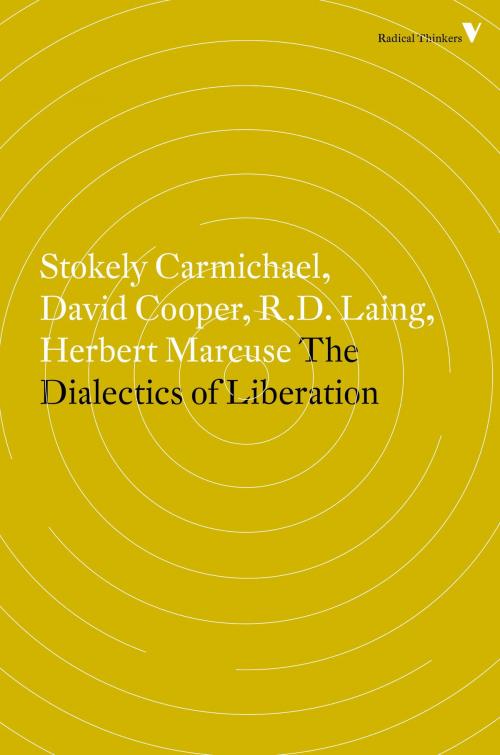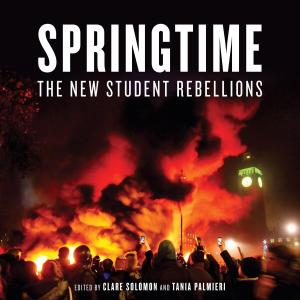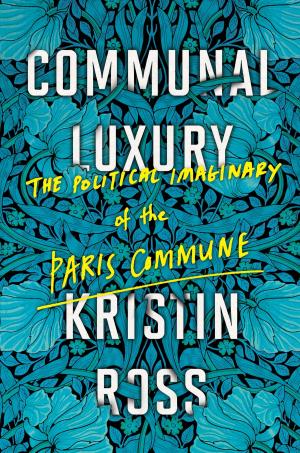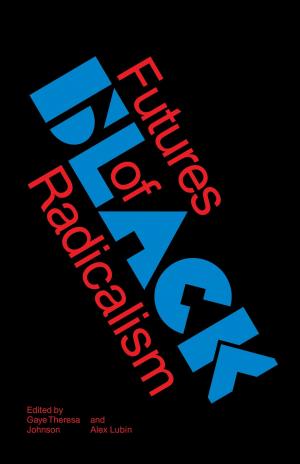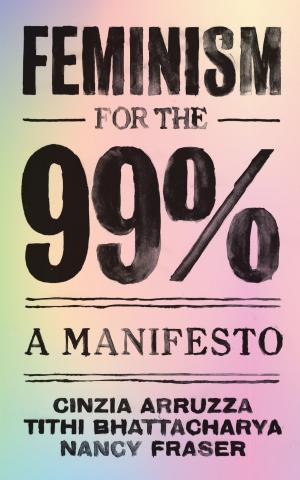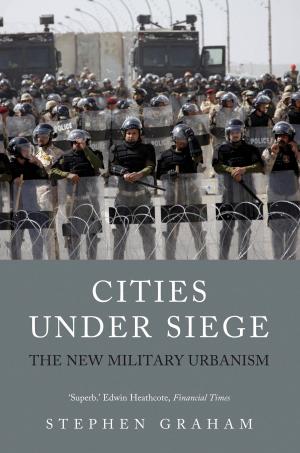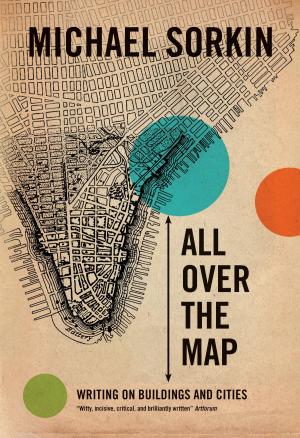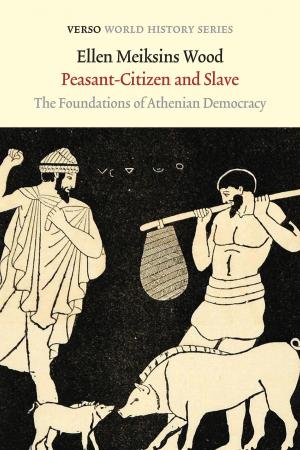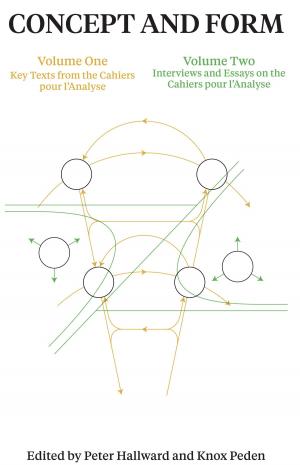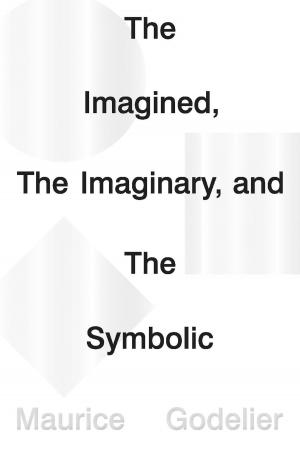The Dialectics of Liberation
Nonfiction, Religion & Spirituality, Philosophy, Political, Fiction & Literature, Literary Theory & Criticism, Social & Cultural Studies, Social Science| Author: | David Cooper, Stokely Carmichael, R.D. Laing, Herbert Marcuse, Paul Goodman | ISBN: | 9781781688939 |
| Publisher: | Verso Books | Publication: | June 9, 2015 |
| Imprint: | Verso | Language: | English |
| Author: | David Cooper, Stokely Carmichael, R.D. Laing, Herbert Marcuse, Paul Goodman |
| ISBN: | 9781781688939 |
| Publisher: | Verso Books |
| Publication: | June 9, 2015 |
| Imprint: | Verso |
| Language: | English |
A revolutionary compilation of speeches which produced a political groundwork for many of the radical movements in the following decades
The now legendary Dialectics of Liberation congress, held in London in 1967, was a unique expression of the politics of dissent. Existential psychiatrists, Marxist intellectuals, anarchists, and political leaders met to discuss key social issues. Edited by David Cooper, The Dialectics of Liberation compiles interventions from congress contributors Stokely Carmichael, Herbert Marcuse, R. D. Laing, Paul Sweezy, and others, to explore the roots of social violence.
Against a backdrop of rising student frustration, racism, class inequality, and environmental degradation—a setting familiar to readers today—the conference aimed to create genuine revolutionary momentum by fusing ideology and action on the levels of the individual and of mass society. The Dialectics of Liberation captures the rise of a forceful style of political activity that came to characterize the following years.
A revolutionary compilation of speeches which produced a political groundwork for many of the radical movements in the following decades
The now legendary Dialectics of Liberation congress, held in London in 1967, was a unique expression of the politics of dissent. Existential psychiatrists, Marxist intellectuals, anarchists, and political leaders met to discuss key social issues. Edited by David Cooper, The Dialectics of Liberation compiles interventions from congress contributors Stokely Carmichael, Herbert Marcuse, R. D. Laing, Paul Sweezy, and others, to explore the roots of social violence.
Against a backdrop of rising student frustration, racism, class inequality, and environmental degradation—a setting familiar to readers today—the conference aimed to create genuine revolutionary momentum by fusing ideology and action on the levels of the individual and of mass society. The Dialectics of Liberation captures the rise of a forceful style of political activity that came to characterize the following years.
